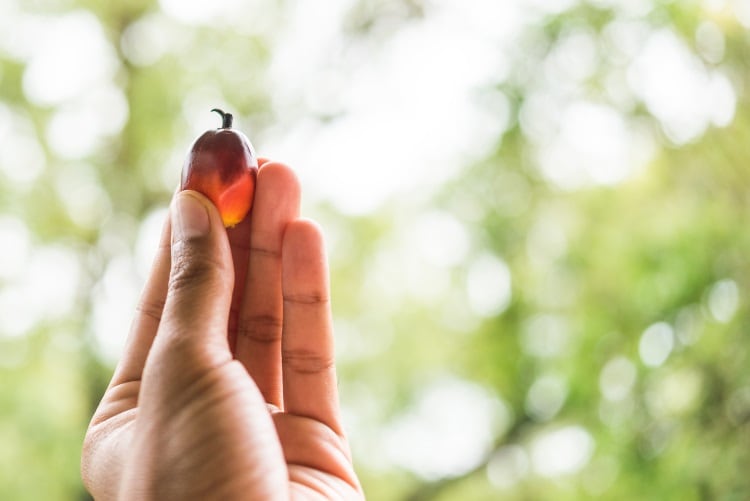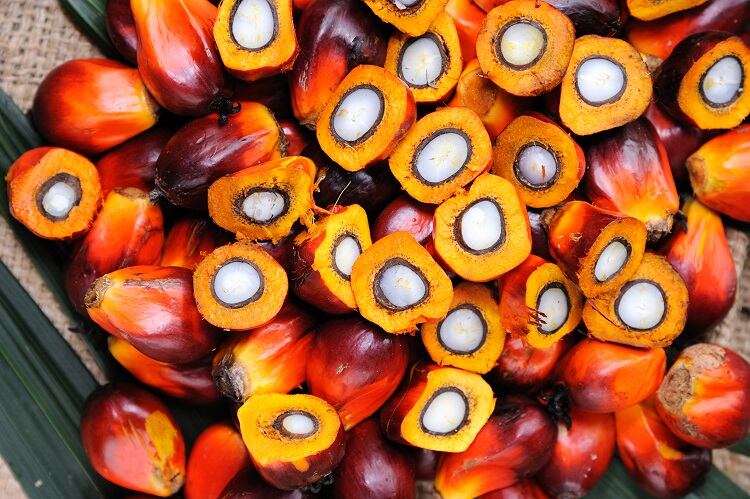By highlighting efforts like DuPont N&B’s, the WWF aims to inspire a collective action required for 100% responsible palm oil production, trade and consumption. This message has been endorsed on the world stage through public calls for companies to further improve their global supply chains.
Industry is making progress. According to RSPO, certified palm oil volume increased by 13% in 2019.
A recent lifecycle assessment conducted by 2.-0 LCA Consultants – published in the Journal Of Cleaner Production – showed the carbon footprint of RSPO certified palm oil is 35% smaller than conventional palm oil. In choosing RSPO certified palm oil, companies can make a big dent in achieving climate goals aligned with the Science Based Target initiative (SBTi).
Industry firsts
Aligned with WWF’s vision, DuPont N&B was the first ingredient manufacturer to join the Roundtable on Sustainable Palm Oil (RSPO) in 2004. The company also achieved an industry first in 2017 with its offer of 100% RSPO certified palm-based emulsifiers globally, using a combination of Book & Claim, Mass Balance and Segregated.
This year, DuPont Nutrition & Biosciences achieved its pledge to source 100% physical RSPO certified palm oil and derivatives for its emulsifiers produced in Europe and North America.
It is now working towards its 2025 goal of achieving 100% physical certified sustainable palm of grade Mass Balance or above, alongside the phasing out of RSPO credits globally.
Additionally, it is striving for 100% traceability to the mill within the next five years and implementing supplier scorecards.
“We are extremely proud of our long-standing collaboration with RSPO, and the achievements we have made in leading the industry towards more sustainable palm oil,” said Mikkel Thrane, global sustainability leader at DuPont N&B.
“It’s fantastic to be featured as a case study by the WWF for our work in this field and we hope that our story will encourage the inclusive collaborations necessary for transforming palm oil supply chains across the globe.”
DuPont N&B has also joined over 560 other companies as signatories of the Business for Nature’s Call To Action, calling on governments around the world to adopt policies to reverse nature loss in the next decade.





